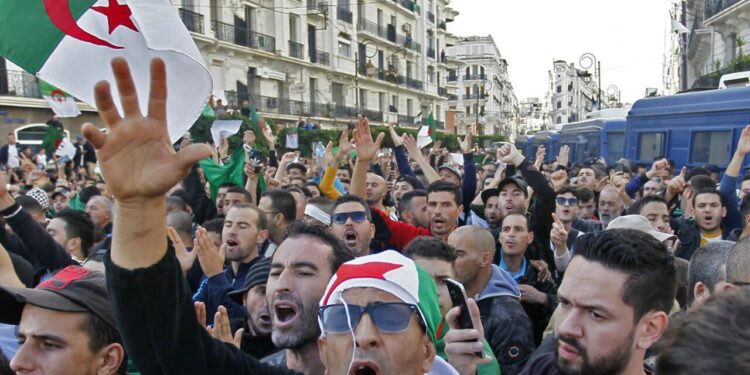Algeria’s Path Forward: President Tebboune’s Second Term and the Road Ahead
Economic Transformation: Overcoming Algeria’s Hydrocarbon Dependency
As President Abdelmadjid Tebboune begins his second tenure, one of the most critical hurdles is steering Algeria away from its entrenched dependence on oil and gas revenues. The nation’s economy remains highly susceptible to the unpredictable swings of global energy markets, a vulnerability that has been starkly highlighted by recent price fluctuations. According to the International Energy Agency (IEA), Algeria’s hydrocarbon sector still accounts for nearly 95% of export earnings as of early 2024, underscoring the urgent need for economic diversification.
To build resilience against external shocks, expanding sectors such as renewable energy, agribusiness, digital technology, and tourism is imperative. For instance, tapping into Algeria’s vast solar potential could not only reduce domestic energy costs but also position the country as a regional clean energy hub. Moreover, fostering an entrepreneurial culture through startup incubators and innovation hubs can stimulate job creation—particularly vital given that youth unemployment hovers around 28%, according to recent World Bank data.
Addressing inflationary pressures remains another pressing concern. Rising consumer prices have strained household budgets across urban and rural areas alike. Implementing prudent fiscal policies alongside targeted social safety nets will be essential in cushioning vulnerable populations while maintaining macroeconomic stability.
| Main Challenge | Consequences |
|---|---|
| Overreliance on Oil & Gas | Sensitivity to volatile global markets undermining growth prospects |
| Youth Unemployment Crisis | Heightened risk of social unrest and diminished economic productivity |
| Inflation Control Difficulties | Erosion of purchasing power affecting living standards nationwide |
| Diversification Efforts Needed | Paving way for sustainable long-term development beyond hydrocarbons |
<
section>
Navigating Political Stability Amidst Growing Social Demands
The political environment in Algeria remains delicate as widespread calls for reform continue to echo throughout society. The Hirak movement’s legacy persists in shaping public expectations for transparency and accountability from government institutions. Citizens—especially younger generations—are increasingly vocal about issues ranging from corruption eradication to expanded civil liberties.
The surge in demonstrations across major cities reflects deep-rooted frustrations tied not only to economic hardships but also governance concerns such as limited political pluralism and restrictions on freedom of expression. Key challenges confronting President Tebboune include:
- Economic Reform Pressures: Urgent demand for structural changes amid fluctuating oil revenues impacting livelihoods.
- Persistent Youth Unemployment: A source of disenchantment fueling skepticism toward traditional political actors.
- Lack of Transparency: Ongoing allegations regarding misuse of public funds eroding trust in leadership.
- Civil Rights Scrutiny: Heightened international attention on human rights practices within Algeria’s borders.
Tebboune’s administration must prioritize inclusive dialogue with protest leaders alongside comprehensive reforms aimed at restoring confidence among citizens. Potential strategies include establishing independent anti-corruption bodies empowered with investigative authority; launching vocational training programs aligned with market needs; enhancing legal protections for journalists; and promoting participatory governance mechanisms at local levels.
| Policy Approach | Expected Outcome | < tr >Engagement with Civil Society Groups | Rebuilds mutual trust between government & populace. < tr > | Targeted Job Creation Initiatives | Mitigates unemployment-driven discontent. < tr > | Robust Anti-Corruption Frameworks | Improves institutional credibility. |
|---|















How Trump’s Tariffs Transformed a Mexican Businessman into a Grateful Ally